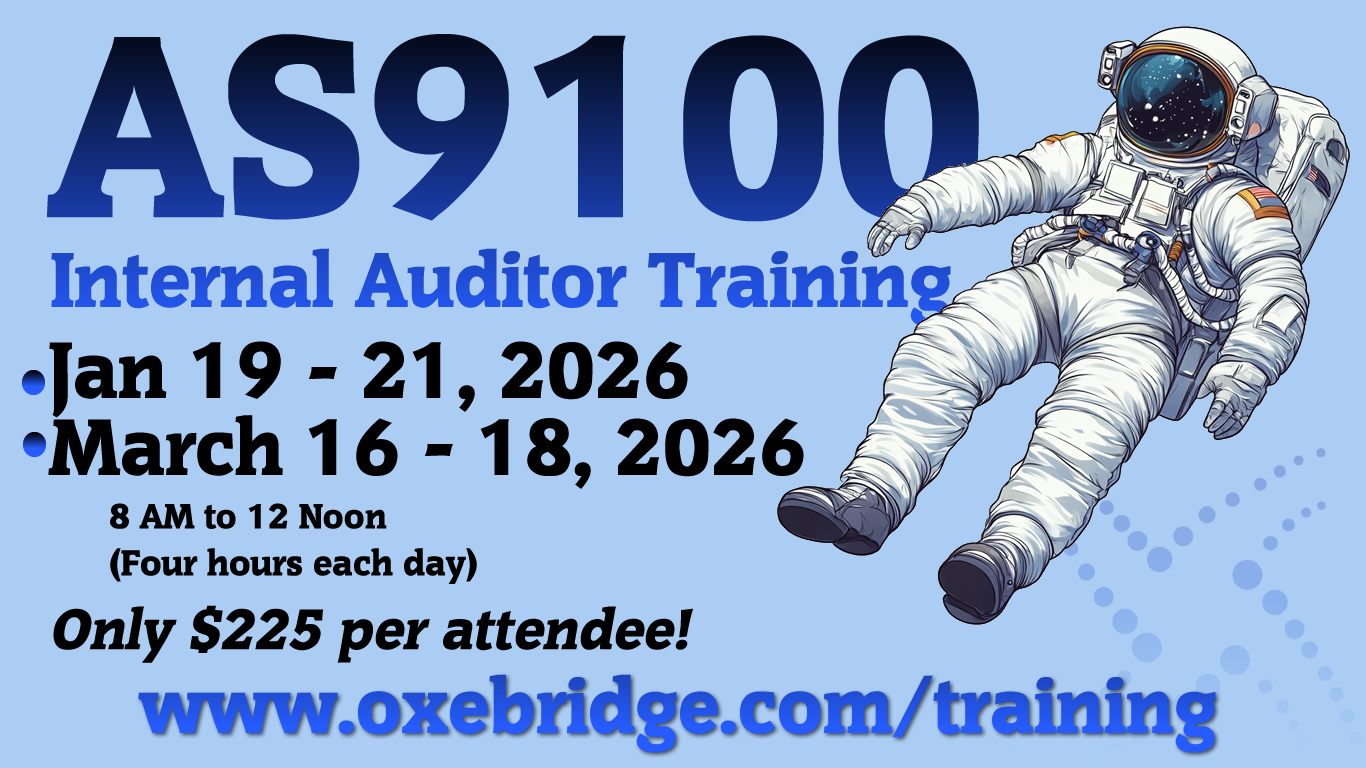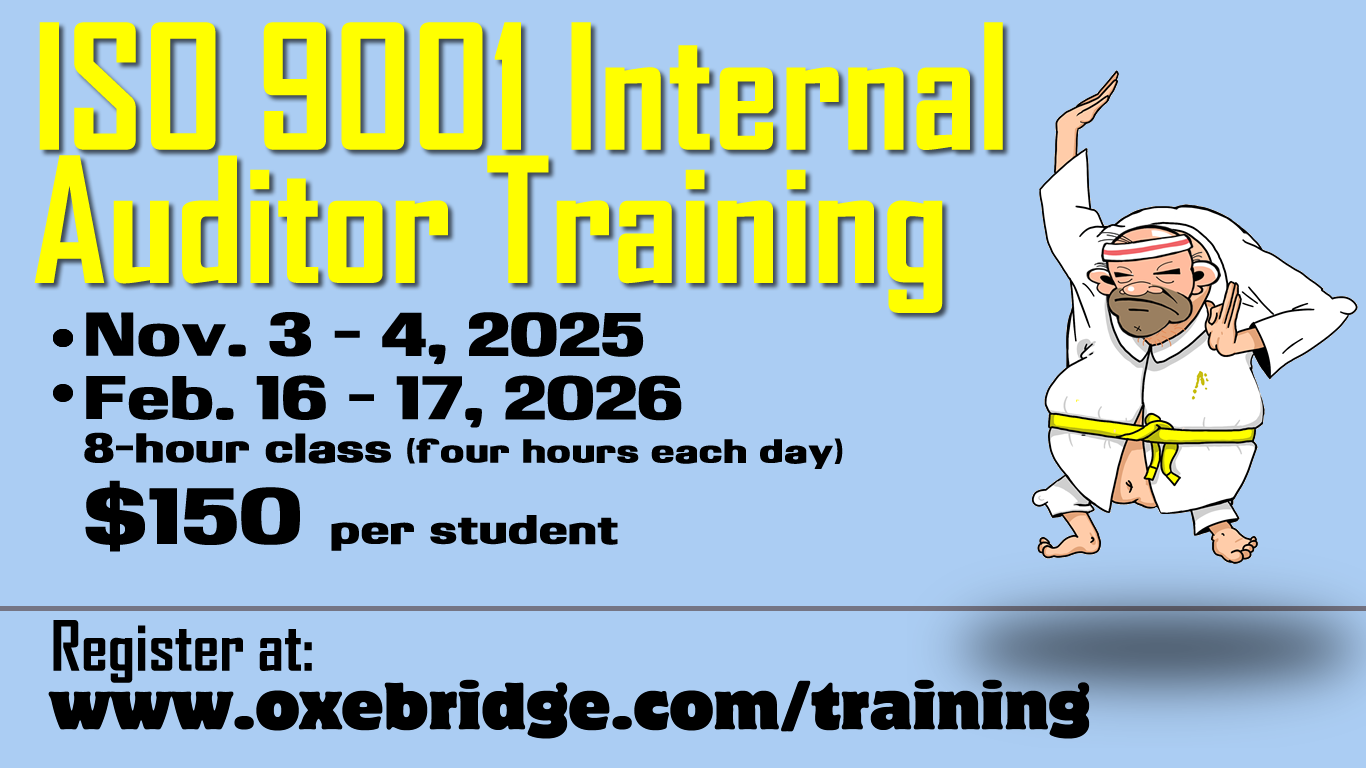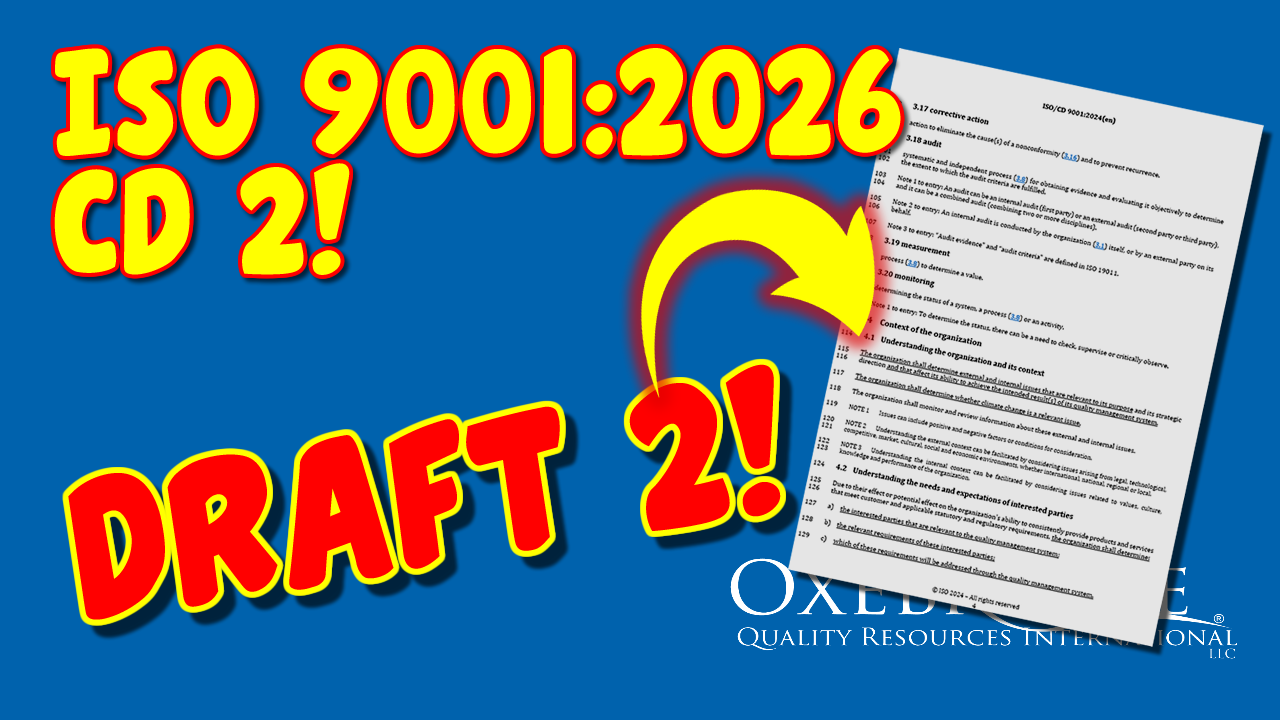Raleigh NC — The Accreditation Commission for Healthcare (ACHC) has responded to Oxebridge’s query on its new DMEPOS Accreditation standards by dropping some key requirements that Oxebridge had deemed “extreme.”
On the heels of Oxebridge’s scathing report on the new ACHC standards, ACHC has admitted its requirements that DME employees be trained on “concepts of death and dying and bereavement, emotional support, psychosocial, and spiritual issues, pain and symptom management … and stress management.” In a letter to Oxebridge, ACHC’s Quality Director Tim Safely admitted:
This was an oversight on our part with the new standards. These requirements have been removed so if you have them listed in your standards the customer will not be responsible to adhere to these. In a week … they should have been removed.
Oxebridge contended that the rule would have required all employees of a DME company, regardless of job description and level of education, to be become de facto “psychologists, grief counselors, spiritual advisers and pain management physicians” for their customers. Oxebridge pointed out that this could only lead to liability lawsuits for companies that implemented the rule.
In response to Oxebridge’s request for more information regarding the requirement that DME suppliers provide “disaster preparedness” info for patients, Mr. Safely provided clarification:
This is an ACHC standard. This is for any of our DMEPOS suppliers. This plan needs to be formed for the products that the company supplies. A HME supplier of oxygen will have more requirements and a more detailed plan that that of a mail order. A mail order company might have a plan that informs a clients of what to do if they can not get in contact with their supplier for some reason as a natural disaster. This way the customer would not run out of a supply. Example of diabetic supply or enteral feeding suppliers and nutrients.
Oxebridge’s fear was that detailed disaster preparedness plans developed by DME companies, who lack staff and knowledge of such things, could result in weak plans that would fail ACHC scrutiny. The clarifications provided by ACHC indicate they are flexible on the implementation of this rule, depending on the scope of products of the DME provider.
“This is good news,” said Oxebridge VP Operations Christopher Paris. “The withdrawal of the extreme rules, and the clarifications of the disaster readiness requirements, will help DME companies understand better how to implement the standards and achieve, or maintain, ACHC accreditation.”
In 2010, ACHC retrained its surveyors on OSHA guidelines after Oxebridge reported that ACHC surveyors were mandating “OSHA compliant” respirators and fit-testing for DME employees as part of TB protection programs. Oxebridge proved that not only were ACHC surveyors only citing portions of the OSHA regulations, but that the regulations themselves had been withdrawn by OSHA, since they had been proven ineffective by a number of government bodies. Oxebridge also argued that by failing to alert DME companies that fit-testing requires a medical examination, ACHC was putting the health of its client’s employees at risk. ACHC agreed, and re-trained its surveyors to stop requiring fit-testing.
Oxebridge offers DMEPOS companies “Rapid CMS Accreditation Preparation” services based on the standards developed by ACHC. The company has no formal or financial arrangement with ACHC.
Christopher Paris is the founder and VP Operations of Oxebridge. He has over 35 years’ experience implementing ISO 9001 and AS9100 systems, and helps establish certification and accreditation bodies with the ISO 17000 series. He is a vocal advocate for the development and use of standards from the point of view of actual users. He is the writer and artist of THE AUDITOR comic strip, and is currently writing the DR. CUBA pulp novel series. Visit www.drcuba.world







